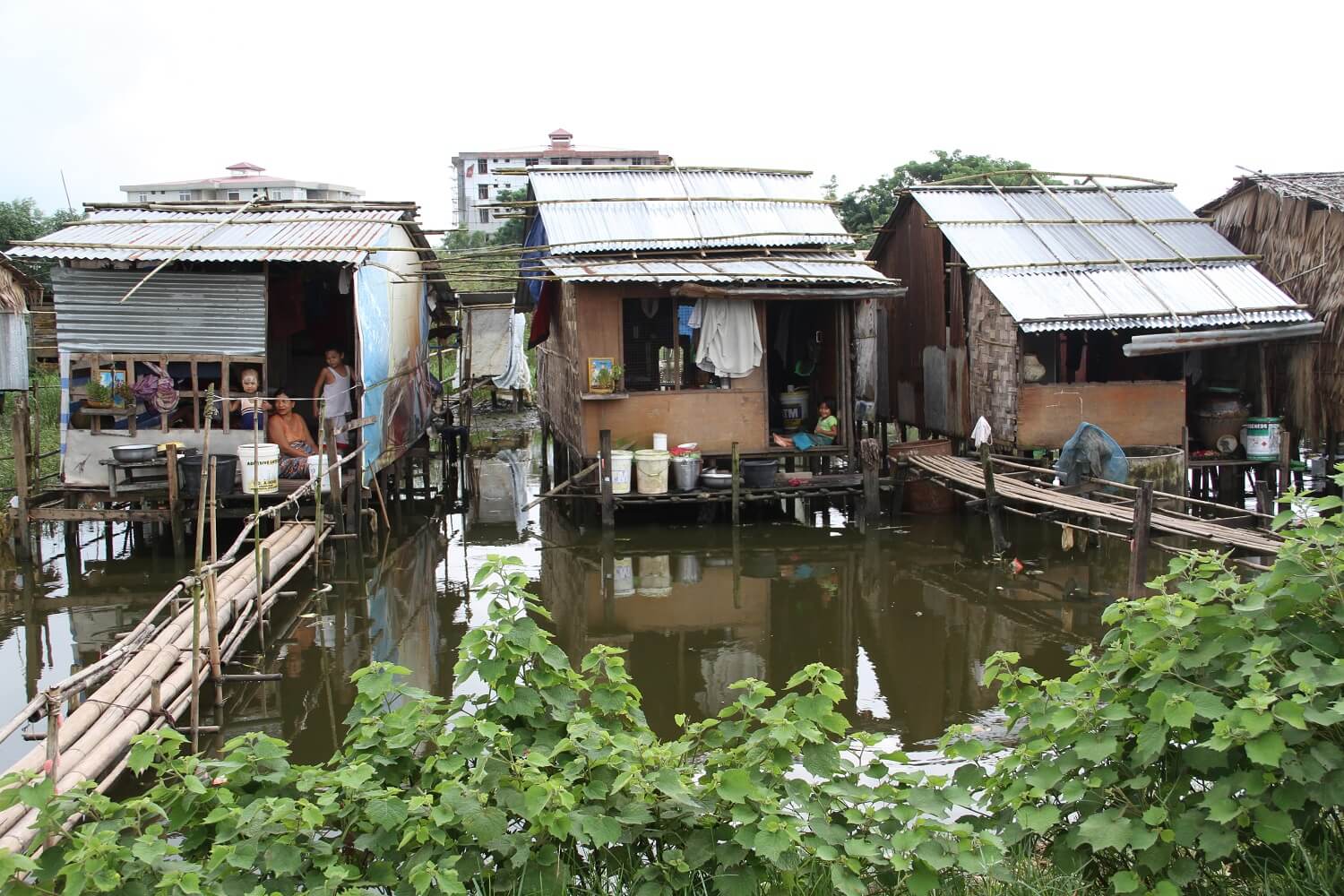Description
Technical assistance grants are funding that help recipients acquire specialised services or skills that they need to operate more effectively in smart city projects. They are key to improving policies and project design, enhancing skills, and strengthening implementation capacity, and for institutional development in general. Examples of such grants include Technical Assistance Special Fund by ADB, Clean Technology Fund (CTF) by the Climate Investment Fund (CIF), and the European Investment Bank (EIB)Climate Action and Environment Facility. These funds are used to fund complex or technical projects such as green infrastructure, renewable energy, and smart city development.
Enabling Conditions and Key Considerations
- Alignment with eligibility requirements. Projects seeking funding must align closely with the specific requirements, objectives and priorities of each fund. This involves thoroughly understanding the fund’s focus areas, target regions, and intended outcomes. Projects must demonstrate clear impact through their projects to be eligible for the fund. Impact assessment frameworks and metrics should be integrated into project planning and implementation.
Potential Challenges
- Access to funding is often competitive. The application processes for accessing these funds can be lengthy, bureaucratic, and complex. Navigating through multiple stages of approval, compliance requirements, and documentation can pose significant challenges for potential applicants, especially smaller organisations or local governments with limited resources and expertise. Given the limited availability of funding, competition could be intense, with numerous proposals vying for limited resources.
- Recipients could face challenges in meeting monitoring and evaluation standards. Recipients receiving funding from technical assistance grants may be subject to stringent reporting and accountability requirements, including monitoring and evaluation of project outcomes and environmental impacts, adding administrative burden and compliance costs.
- Recipients could face challenges in implementation. Grant recipients are required to ensure effective coordination among various government departments, agencies and external stakeholders for successful implementation. However, this may prove challenging, especially for complex and large-scale smart city projects.
Potential Benefits
- Grants support sustainable development. These funds provide much-needed financial resources to support the development of smart cities and critical infrastructure projects in ASEAN Member States. The funding can be used for various purposes, including green infrastructure development and capacity building.
- Grants can provide technical capability support. Apart from financing, technical assistance grants often also provide capacity building, and advisory services to recipients, helping to strengthen institutional capacity and improving the likelihood of success of financed projects. These grants provide resources for training and education, helping officials, planners and local stakeholders develop the skills and knowledge needed to implement and manage projects effectively.
Sources/Additional Information
- Asian Development Bank (n.d.). What is ADB technical assistance (TA)? Available at: https://www.adb.org/business/how-to/technical-assistance
- World Bank (n.d.). Global Smart City Partnership Program. Available at: https://www.worldbank.org/en/programs/global-smart-city-partnership-program/partners
- Asian Development Bank (n.d.). Technical Assistance Special Fund. Available at: https://www.adb.org/what-we-do/funds/technical-assistance-special-fund
- Climate Investment Funds (n.d.). Clean Technology Fund. Available at: https://www.cif.org/topics/clean-technologies
- European Investment Bank (n.d.). Climate and Environmental Sustainability. Available at: https://www.eib.org/en/projects/topics/climate-action/get-support

